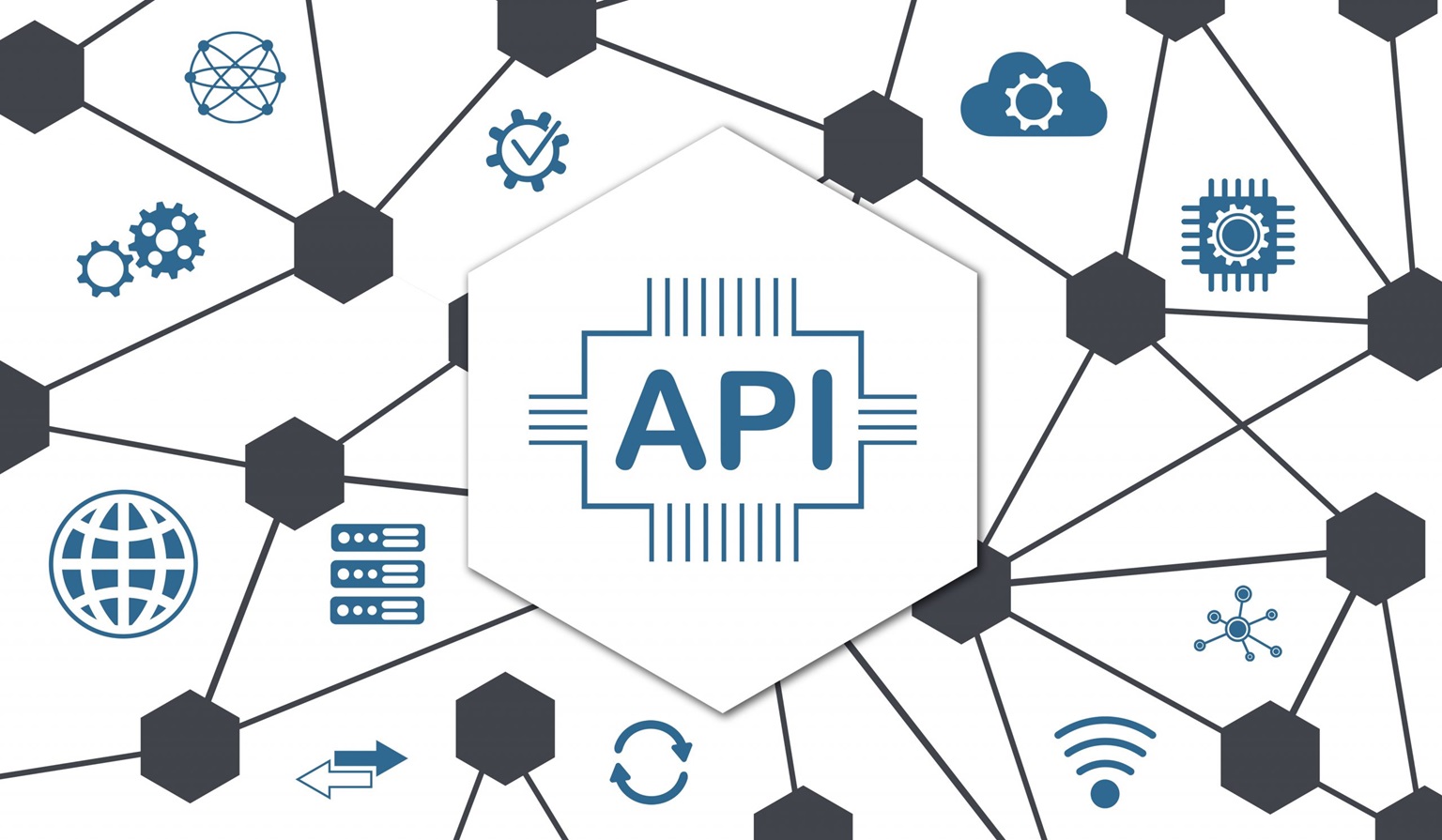In today’s digital age, trust is a crucial component of any online interaction. Whether it’s making a purchase from an e-commerce website or sharing personal information on social media, users need to feel confident that their data is secure and protected. This is where APIs come into play.
APIs, or Application Programming Interfaces, are the building blocks of modern technology. They allow different software systems to communicate with each other and exchange information seamlessly. In the context of verification processes, APIs play a crucial role in fortifying digital trust.
One of the key ways APIs enhance digital trust is by enabling secure authentication mechanisms. When a user logs into an online account or accesses sensitive information, they need to verify their identity to ensure that only authorized individuals have access. APIs facilitate this process by allowing applications to securely authenticate users through various methods such as passwords, biometrics, or two-factor authentication.
By leveraging APIs for authentication, organizations can implement robust security measures that protect user data from unauthorized access and fraudulent activities. For example, financial institutions use APIs to verify customers’ identities before processing transactions or providing account information. This ensures that only legitimate users can access sensitive financial data and helps prevent identity view link theft and fraud.
Another way APIs contribute to digital trust is by enabling seamless integration with third-party verification services. Many businesses rely on external providers for identity verification, background checks, and other validation processes. By using APIs to connect their systems with these services, organizations can streamline the verification process and improve the overall user experience.
For instance, e-commerce platforms often integrate with payment gateways that offer fraud detection services through APIs. When a customer makes a purchase online, the API communicates with the payment gateway to validate the transaction and assess its risk level based on factors such as location, device type, and previous purchasing behavior. This real-time verification process helps prevent fraudulent transactions and builds trust between merchants and customers.
In addition to authentication and third-party integrations, APIs also play a critical role in data encryption and privacy protection. When sensitive information is transmitted between different systems over the internet, it needs to be encrypted to prevent interception by hackers or malicious actors. APIs provide secure communication channels that encrypt data transmissions using industry-standard protocols like HTTPS (Hypertext Transfer Protocol Secure) or TLS (Transport Layer Security).
By implementing strong encryption practices through API-based communication channels, organizations can safeguard user data against unauthorized access and maintain compliance with regulations such as GDPR (General Data Protection Regulation) or CCPA (California Consumer Privacy Act). This not only enhances digital trust but also demonstrates a commitment to protecting customer privacy rights.


